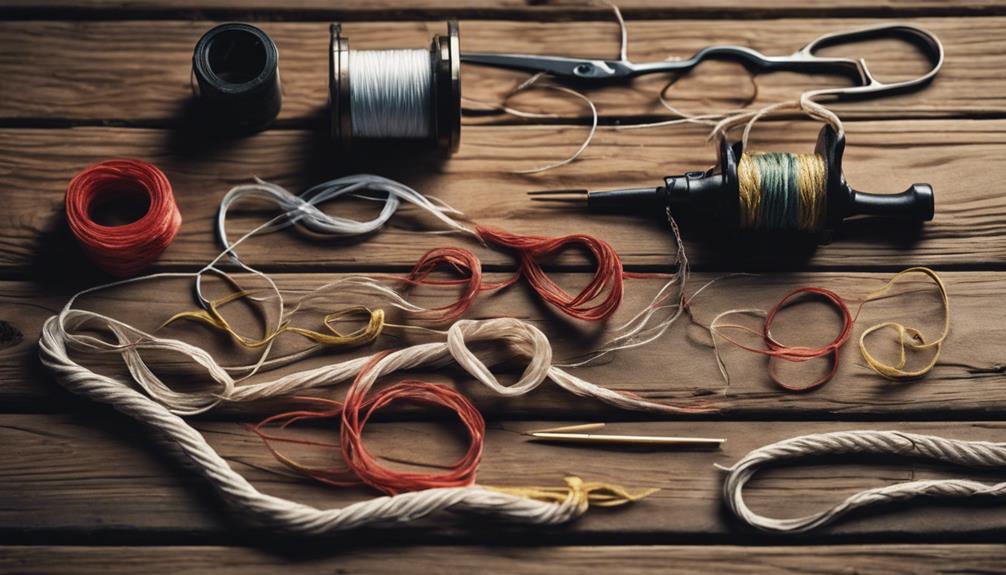Fishing is one of the most enjoyable outdoor activities, offering relaxation and the thrill of the catch. However, before you grab your rod and reel, it’s crucial to understand the regulations surrounding fishing in your area—specifically, whether you need a fishing license. This comprehensive guide will explore everything you need to know about fishing licenses, ensuring you’re well-informed before your next fishing trip.
Understanding Fishing Licenses: What Are They?
A fishing license is an official document issued by state or provincial authorities that grants individuals the legal right to fish in specific waters. The necessity for a fishing license varies by location, type of fishing, and even the age of the angler. Most jurisdictions require a fishing license for anyone over a certain age, typically 16 or 18, to promote responsible fishing and conservation of aquatic resources. These licenses not only help regulate fishing activities but also fund conservation efforts, ensuring sustainable fish populations for future generations.
Why Do You Need a Fishing License?
Do you need a fishing license? The short answer is yes, if you plan to fish in public waters. Fishing licenses are crucial for several reasons. They help manage fish populations and maintain healthy ecosystems by controlling fishing quotas and seasons. Additionally, the revenue generated from fishing licenses often goes towards fish habitat restoration, educational programs, and wildlife conservation efforts. By getting a fishing license, you contribute to these essential initiatives, ensuring that fishing remains an enjoyable activity for future anglers.
Types of Fishing Licenses
When considering whether you need a fishing license, it’s essential to understand that there are various types of licenses available, tailored to different fishing activities. For instance, you might encounter freshwater and saltwater fishing licenses, along with specialized permits for specific species or techniques, like fly fishing or ice fishing. Some states also offer short-term licenses for tourists or casual anglers who don’t fish regularly. It’s important to research the specific regulations and license types in your state or province to ensure compliance and avoid hefty fines.
How to Obtain a Fishing License
Obtaining a fishing license is usually a straightforward process. Most states allow you to purchase a license online through their wildlife agency’s website, at local bait and tackle shops, or at designated government offices. When applying, you’ll typically need to provide personal information, such as your name, address, and date of birth. Fees vary depending on the type of license and residency status (resident vs. non-resident). Some states may also require anglers to take a fishing education course, especially for younger or first-time fishers.
Fishing License Exemptions and Special Cases
While most anglers need a fishing license, there are certain exemptions and special cases to consider. Many states have designated days, often called “Free Fishing Days,” when anyone can fish without a license. Additionally, some groups, such as seniors, veterans, or individuals with disabilities, may qualify for discounted or free licenses. Furthermore, specific waters such as private ponds or family-owned lakes may not require a license. It’s essential to check your local regulations to see if any exemptions apply to your situation.
The Consequences of Fishing Without a License
Fishing without a license can lead to serious consequences. If you’re caught fishing without the appropriate license, you may face fines, confiscation of your fishing gear, or even criminal charges, depending on the severity of the violation. The fines can range from a small fee to several hundred dollars, depending on state laws. More importantly, fishing without a license undermines conservation efforts, harming fish populations and ecosystems. To avoid these penalties and contribute positively to the environment, always ensure you have the correct fishing license before casting your line.
Frequently Asked Questions About Fishing Licenses
Many anglers have questions about fishing licenses, and it’s essential to address them. Common inquiries include “Do you need a fishing license for catch and release?” and “Are fishing licenses required for ice fishing?” Generally, yes, a fishing license is required regardless of your fishing method, including catch and release and ice fishing. Another common question is about the validity of licenses; most licenses are valid for a specific period (annual, seasonal, or daily), so keep track of their expiration dates. Always check your local regulations for specific rules and requirements.
Conclusion: Ensuring a Responsible Fishing Experience
In conclusion, the question, “Do you need a fishing license?” is a vital consideration for anyone looking to enjoy fishing legally and responsibly. Obtaining a fishing license not only keeps you compliant with local laws but also supports conservation efforts that protect our aquatic environments. By understanding the types of licenses available, how to obtain one, and the potential consequences of fishing without a license, you can enjoy your fishing adventures with peace of mind. So, before you head out to your favorite fishing spot, make sure you have the proper license in hand—happy fishing!
—
By following these guidelines and understanding the importance of fishing licenses, you’ll not only enjoy a fulfilling fishing experience but also contribute to the preservation of our natural resources. Remember, fishing is not just about the catch; it’s about respecting the environment and ensuring future generations can enjoy this beloved pastime.
